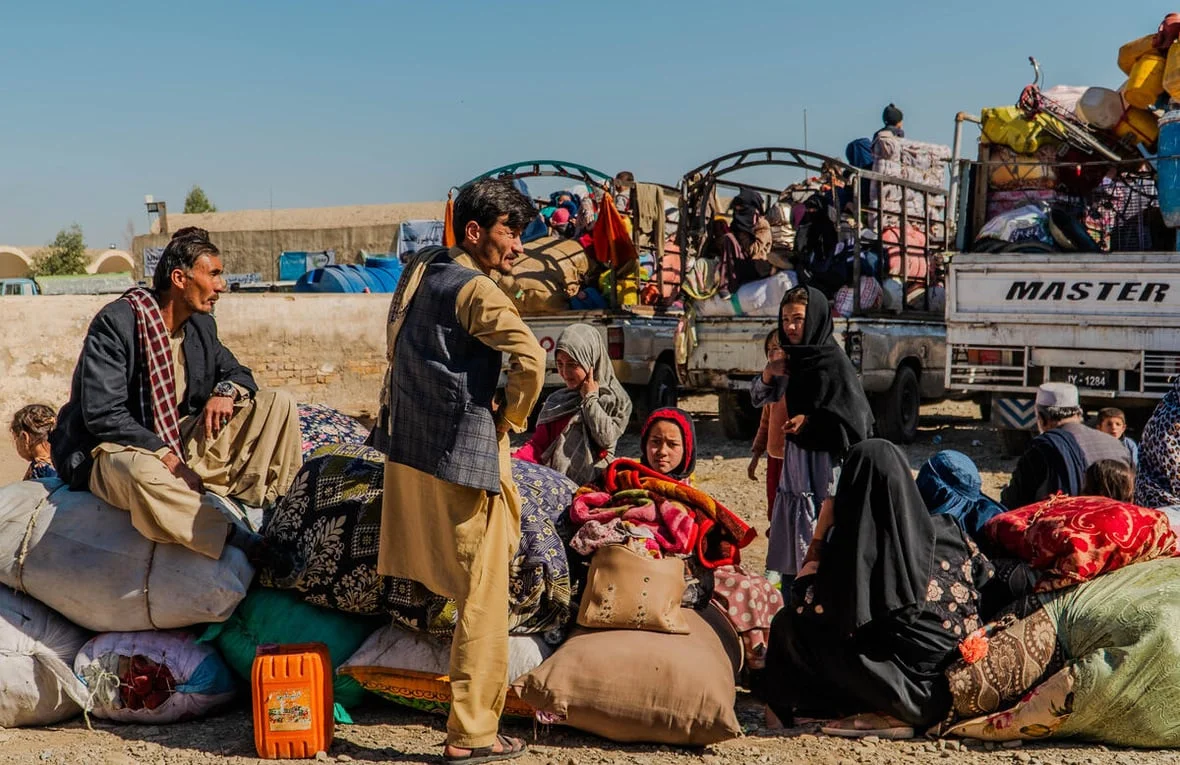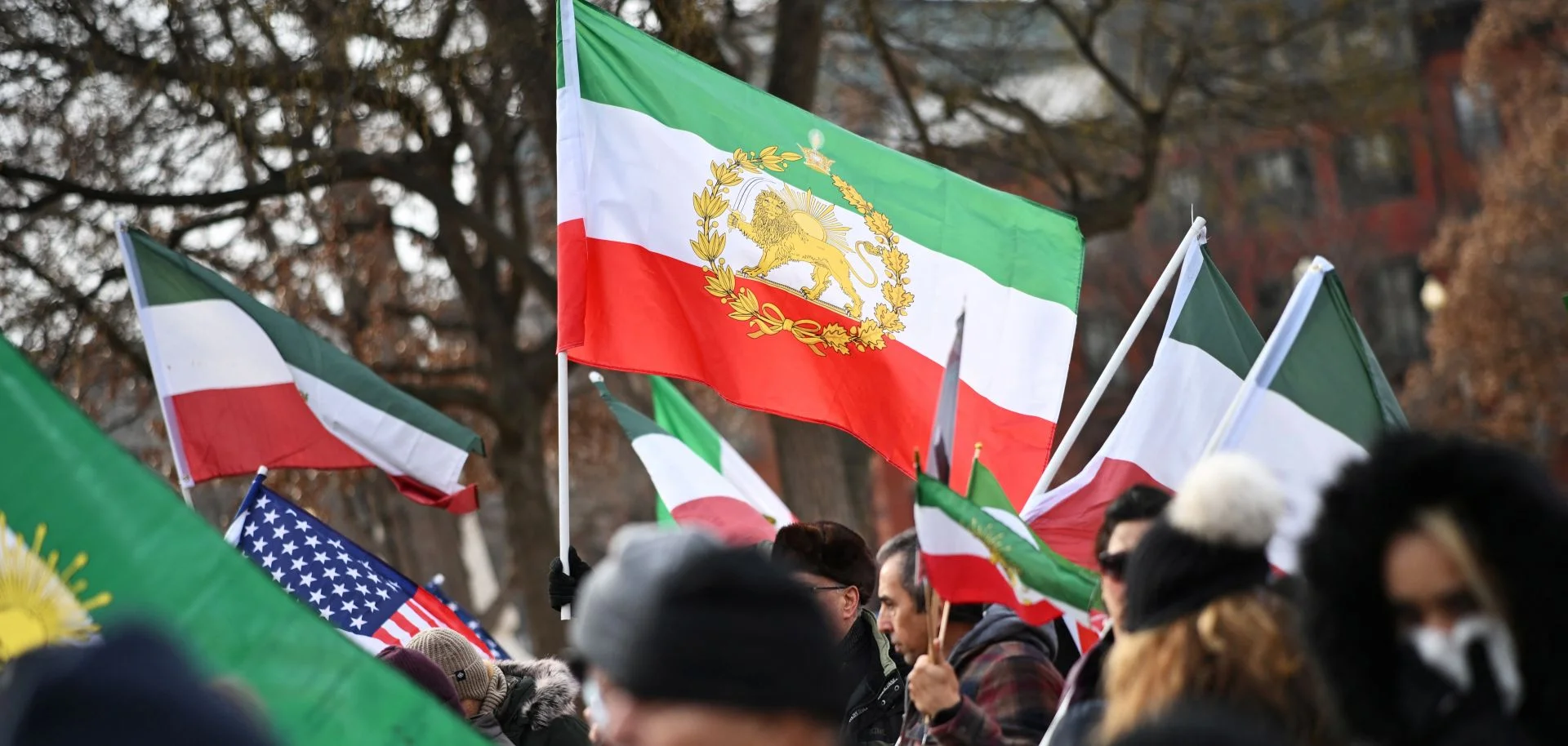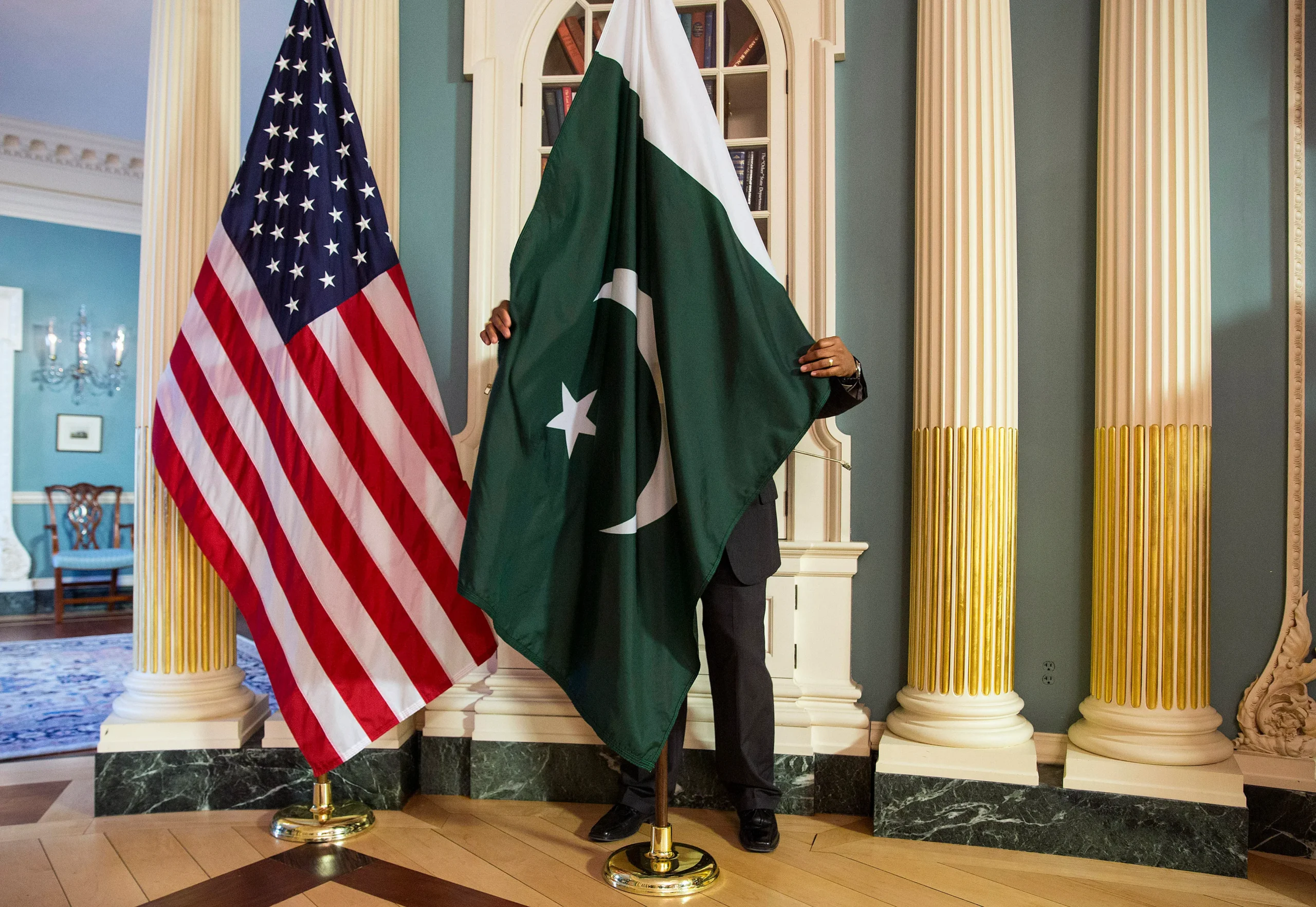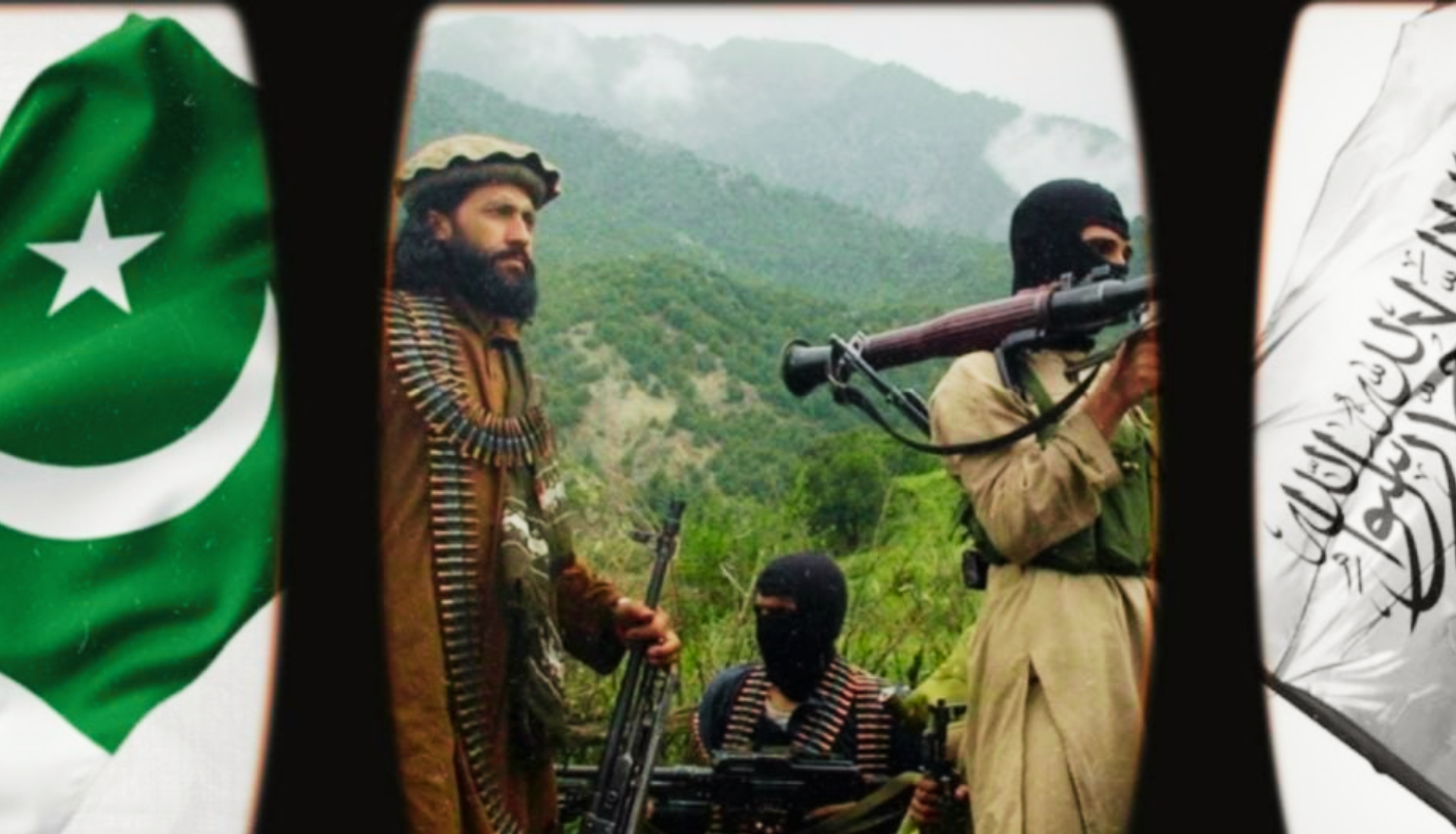KATHMANDU: Nepal has won 12 medals including one gold, six silver and five bronze medals in the South Asian Youth Table Tennis Championship.
India clinched the remaining 13 gold medals in the U-19 and U-15 age groups. The team comprising Prabesh Basnet, Gananjay Dahal, Himal Bista and Rubin Maharjan won gold medal for Nepal in the U-19 boys’ team event held at the National Table Tennis Training Centre in Lainchaur on Sunday.
The Nepali team comprising Prajil Bhattarai, Jayasnu Maharjan, Aryan Shahi and Rijan Shakya won silver medals in the U-15 boys’ team event of the tournament organized by the All Nepal Table Tennis Association.
In the U-19 boys’ doubles of the table tennis Championship, Gananjay Dahal and Pravesh Basnet of Nepal won silver. In the U-15 boys’ doubles, Nepal’s Prajil Bhattarai and Jayasnu Maharjan finished second.
Also See: Nepal’s Human Rights Commission Maintains Top ‘A’ Global Ranking
Except from Bhutan, 85 players from six South Asian countries participated in the four-day tournament. The first and second teams in the U-19 boys’ and girls’ team event have been selected for the Asian Junior Table Tennis to be held in Uzbekistan, according to the Championship organizer.
This news is sourced from Nepal News and is intended for informational purposes only.

![Nepal wins 12 medals, including one gold, at the South Asian Youth Table Tennis Championship held in Kathmandu. [Image via Nepal News]](https://southasiatimes.org/wp-content/uploads/2025/04/tenis.webp)




